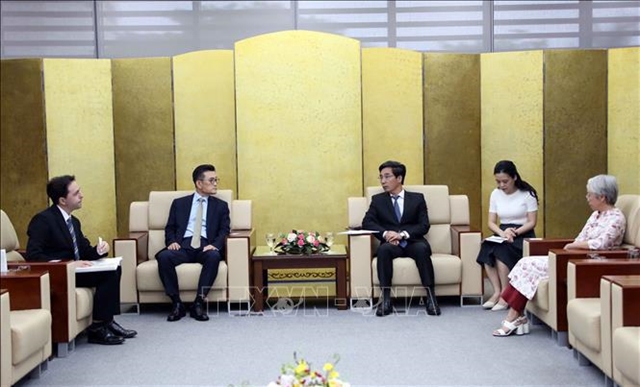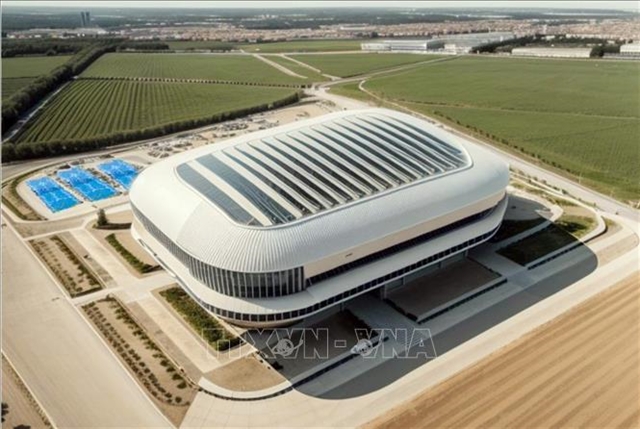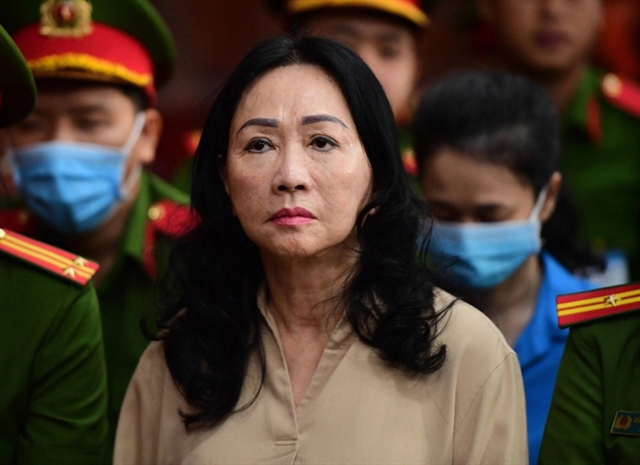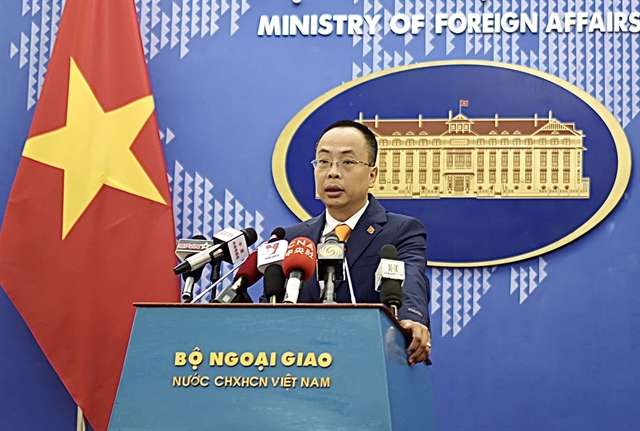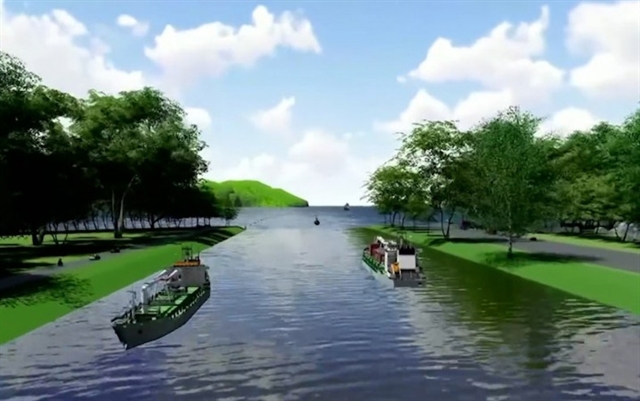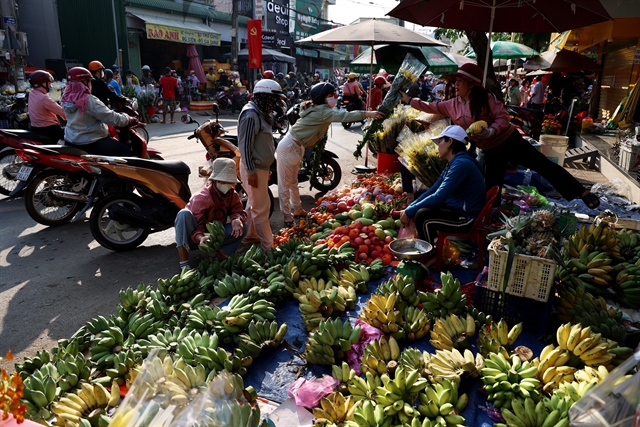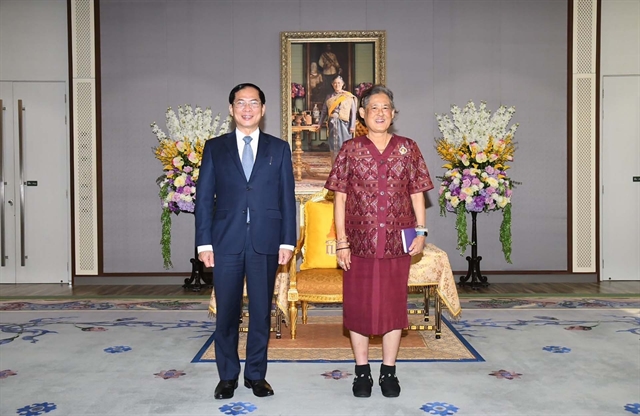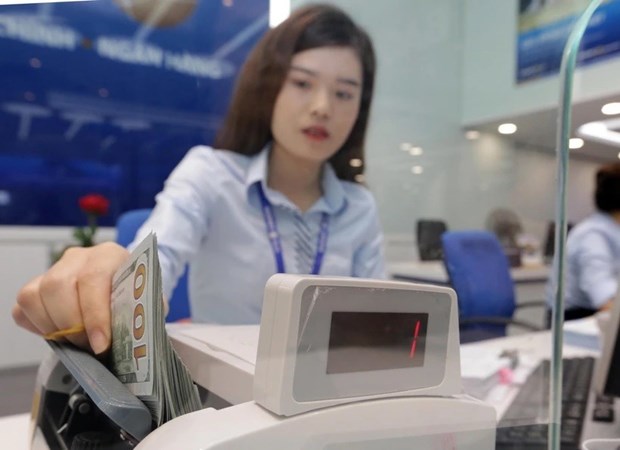 Economy
Economy
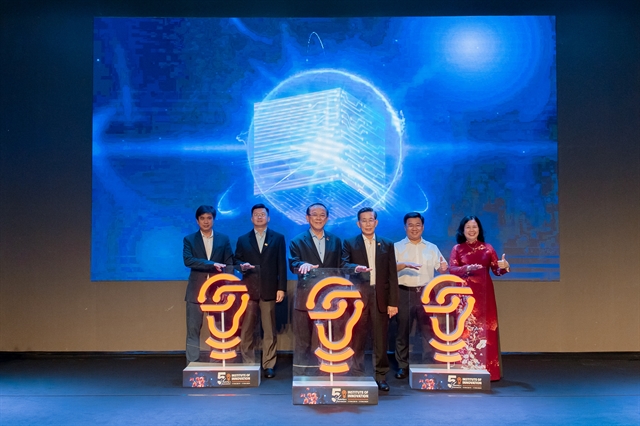
Deputy Prime Minister Lê Minh Khái has called on HCM City to improve its business climate and help businesses achieve digital transformation to develop a digital economy.

|
| Deputy PM Lê Minh Khái speaks on Friday at the 2022 HCM City Economic Forum. VNA/VNS Photo |
HCM CITY — Deputy Prime Minister Lê Minh Khái has called on HCM City to continue to improve its business climate and help businesses achieve digital transformation to develop a digital economy.
Speaking at the 2022 HCM City Economic Forum late last week, he said the city had progressive targets for the size of its digital economy by 2030.
It aimed to become a digital government and smart city by 2025.
To achieve the goals, it should mobilise all possible resources and resolve bottlenecks related to institutions, human resources, technology, and infrastructure.
It should strengthen international co-operation in digital transformation and learn from the experiences of other countries.
It should have policy mechanisms to help businesses with digital transformation as they try to revive production and improve their human resource base to achieve it.
He also noted the importance of cyber-security in the context of digital transformation.
Phan Văn Mãi, chairman of the city People’s Committee, said the city's goal was to become a smart city by 2025, maintaining the role of economic locomotive and driving force of the Southern Key Economic Zone and the whole country.
By 2030 it would be a leading city in Southeast Asia in terms of the digital economy, digital society, digital government, finance, commerce, and science and technology, he said.
It would prioritise digitisation of 10 sectors - healthcare, education, transport, finance - banking, tourism, agriculture, logistics, environment, energy, and human resources, he said.
Nguyễn Văn Nên, secretary of the city Party Committee, said the pandemic had shown that digitisation had become necessary for business operations and people’s lives.
However many businesses, especially small and medium-sized ones, faced obstacles such as lack of capital, human resources and supportive policies, he said.
Recommendations
Nguyễn Xuân Thắng, director of the HCM City National Academy of Politics, said for developing its digital economy the city had a great advantage in the form of the highest smartphone and Internet penetration in the country.
“[Now], post-pandemic is a good time to embrace digital transformation.”
Trương Gia Bình, chairman of FPT corporation, said the city had the largest IT workforce in the country.
It was also at the forefront of smart transportation and health applications, he pointed out.
“I suggest that the city should spend at least 2 per cent of its annual revenues on digital transformation.”
Carolyn Turk, the World Bank’s country director for Việt Nam, said it was necessary for Việt Nam to develop affordable infrastructure to develop a digital society, especially for public administration, business activities and people’s daily lives.
It needed to invest in 5G, data collection and processing technologies, she added.
Dr Philipp Rösler, the former German vice chancellor now advisor to VinaCapital Ventures, said the city had a large enough population and economy and good governance, which would be good conditions for developing a digital economy, he added.
The city should be developed into a “unicorn city of technology,” he added.
The annual international event, titled ‘Digital economy: Driving force for growth and development of HCM City,’ was attended by some 1,000 delegates, including officials from the Government, various ministries and industries.
The digital economy last year accounted for around 15 per cent of HCM City’s gross domestic product, or VNĐ191.8 trillion (US$8.27 billion), according to a study conducted by the Institute for Development Studies. — VNS


